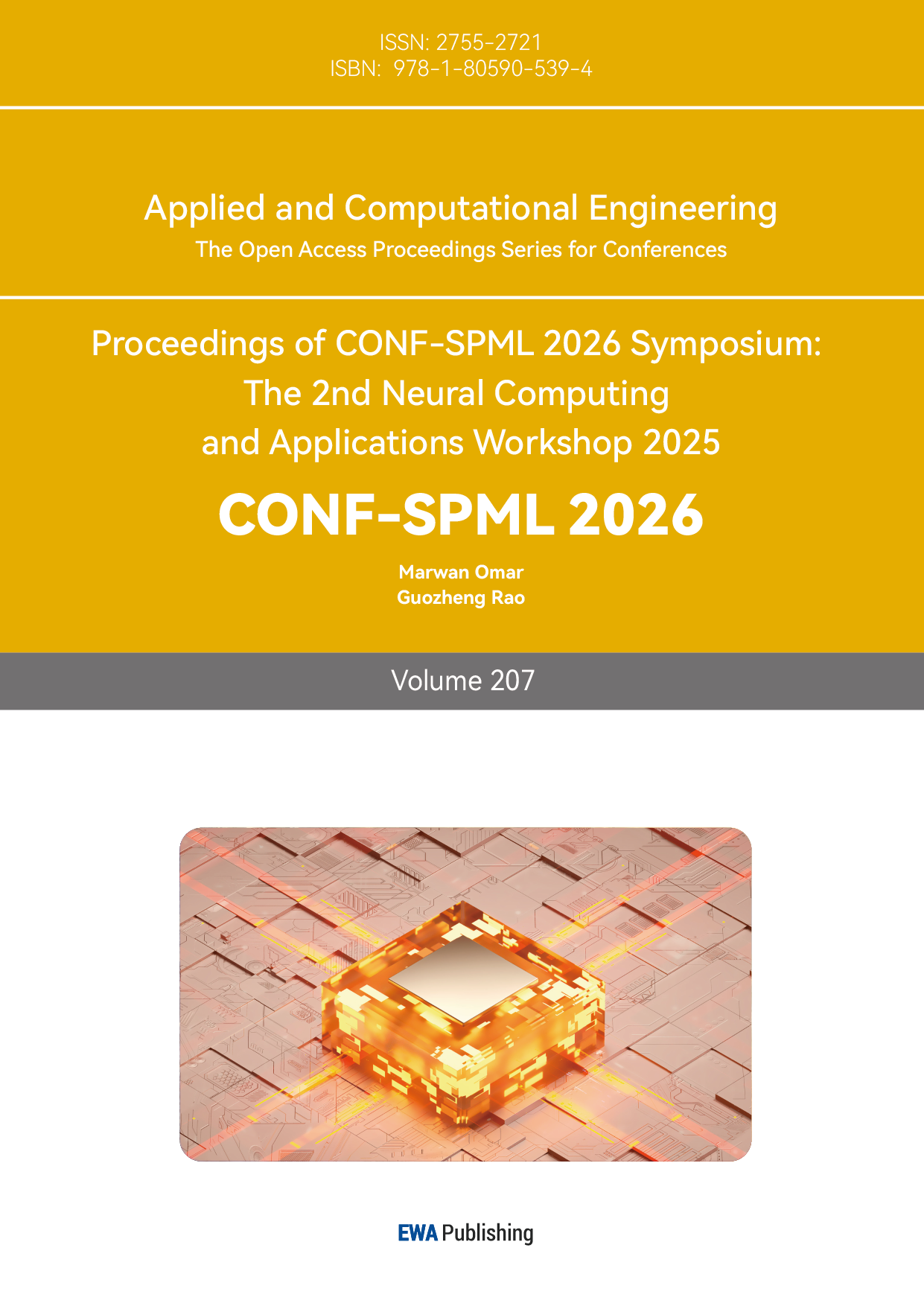References
[1]. Li, J., Chen, J., Ren, R., Cheng, X., Zhao, W. X., Nie, J.-Y., & Wen, J.-R. (2024). The Dawn After the Dark: An Empirical Study on Factuality Hallucination in Large Language Models. Proceedings of the 62nd Annual Meeting of the Association for Computational Linguistics (ACL), Bangkok, Thailand, 10879–10899.
[2]. Trivedi, H., Balasubramanian, N., Khot, T., & Sabharwal, A. (2023). Interleaving Retrieval with Chain-of-Thought Reasoning for Knowledge-Intensive Multi-Step Questions. Proceedings of the 61st Annual Meeting of the Association for Computational Linguistics (ACL), Toronto, Canada, 10014–10037.
[3]. Asai, A., Wu, Z., Wang, Y., Sil, A., & Hajishirzi, H. (2023). SELF-RAG: Learning to Retrieve, Generate, and Critique through Self-Reflection. arXiv: 2310.11511.
[4]. Yao, S., Zhao, J., Yu, D., Du, N., Shafran, I., Narasimhan, K. R., & Cao, Y. (2023). ReAct: Synergizing Reasoning and Acting in Language Models. International Conference on Learning Representations (ICLR), Kigali, Rwanda.
[5]. Izacard, G., Lewis, P., Lomeli, M., Hosseini, L., Petroni, F., Schick, T., Dwivedi-Yu, J., Joulin, A., Riedel, S., & Grave, E. (2023). Atlas: Few-shot Learning with Retrieval-Augmented Language Models. Journal of Machine Learning Research, 24(251), 1–43.
[6]. Gao, L., Dai, Z., Pasupat, P., Chen, A., Chaganty, A. T., Fan, Y., Zhao, V. Y., Lao, N., Lee, H., Juan, D.-C., & Guu, K. (2023). RARR: Researching and Revising What Language Models Say, Using Language Models. Proceedings of the 61st Annual Meeting of the Association for Computational Linguistics (ACL), Toronto, Canada, 16477–16508.
[7]. Shinn, N., Cassano, F., Gopinath, A., Narasimhan, K., & Yao, S. (2023). Reflexion: Language Agents with Verbal Reinforcement Learning. Advances in Neural Information Processing Systems 36 (NeurIPS), New Orleans, LA, USA.
[8]. Dhuliawala, S., Komeili, M., Xu, J., Raileanu, R., Li, X., Celikyilmaz, A., & Weston, J. (2024). Chain-of-Verification Reduces Hallucination in Large Language Models. Findings of the Association for Computational Linguistics (ACL), Bangkok, Thailand, 3563–3578.
[9]. Gou, Z., Shao, Z., Gong, Y., Shen, Y., Yang, Y., Duan, N., & Chen, W. (2024). CRITIC: Large Language Models Can Self-Correct with Tool-Interactive Critiquing. International Conference on Learning Representations (ICLR).
[10]. Manakul, P., Liusie, A., & Gales, M. J. F. (2023). SelfCheckGPT: Zero-Resource Black-Box Hallucination Detection for Generative Large Language Models. Proceedings of the Conference on Empirical Methods in Natural Language Processing (EMNLP), Singapore, 9004–9017.
[11]. Min, S., Krishna, K., Lyu, X., Lewis, M., Yih, W.-T., Koh, P. W., Iyyer, M., Zettlemoyer, L., & Hajishirzi, H. (2023). FActScore: Fine-Grained Atomic Evaluation of Factual Precision in Long-Form Text Generation. Proceedings of the Conference on Empirical Methods in Natural Language Processing (EMNLP), Singapore, 12076–12100.
[12]. Huang, J., Chen, X., Mishra, S., Zheng, H. S., Yu, A. W., Song, X., & Zhou, D. (2024). Large Language Models Cannot Self-Correct Reasoning Yet. International Conference on Learning Representations (ICLR), Vienna, Austria.



